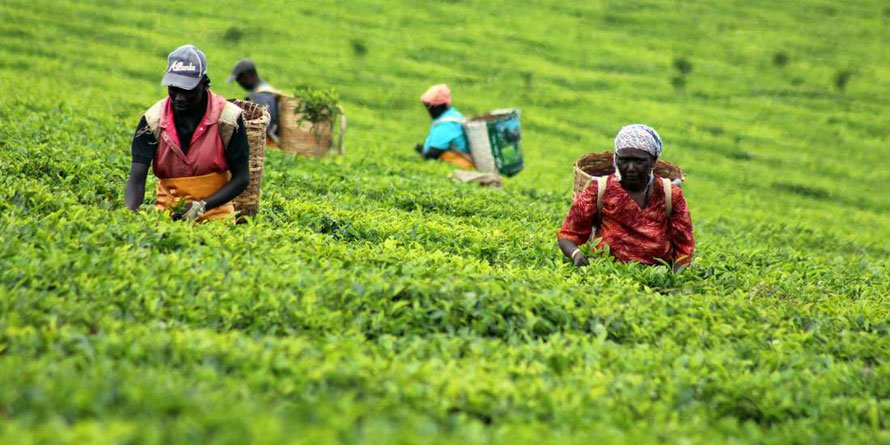Counties from the tea growing regions in the Rift Valley want multinational tea companies to pay Sh10,000 land rates per acre, up from the current Sh100 they have been paying since 1926.
The counties of Nandi, Bomet and Kericho are pushing to have the companies pay more, citing the changing economic times and the profits made by the firms.
This could set the counties for yet another standoff with the tea growers and county assemblies, which opposed the governors’ bid to increase the rates in 2019.
“Counties are demanding that the multinational tea companies which generate billions of shillings in revenue should start paying Sh10,000 per acre and not the measly Sh100 which they have been paying since 1926,” said Nandi County agriculture executive member Kiplimo Lagat said.
Addressing farmers in Nandi Central sub county yesterday, Dr Lagat accused tea companies of exploiting counties by paying low land rates. The tea companies in Kericho County cover more than 500,000 acres of land —about 300,000 acres in Nandi and more than 150,000 acres in Bomet.
In the budget last month, Nandi indicated the multinationals had agreed to pay Sh400 million, but had not said the rate per acre.
“The standoff between the multinational tea companies and the county government has been solved and companies have agreed to start paying land rates which they had declined to pay for the past three years,” Nandi Finance executive Alfred Lagat told the assembly when he presented the budget.
CIC Insurance Group chairman Nelson Kuria. FILE PHOTO | NMG CIC Insurance Group posted a Sh259.5 million net profit in the half year ended June, reversing a net loss of Sh335.5 million the year before.
The return to profitability was helped by improved performance in the underwriting business and higher investment income.
Investment and other income, including positive currency movements at its South Sudan subsidiary, more than doubled to Sh2.6 billion from Sh1.2 billion.
“Investment income saw a marked improvement and this was mainly due to unwinding of prior year’s foreign exchange losses in South Sudan and gains from our equities portfolio,” chief executive Patrick Nyaga said at an investor briefing yesterday.
Rising prices of listed equities on the Nairobi Securities Exchange contributed to the gains by lifting the value of CIC’s portfolio. The bourse is recovering from a major selloff last year that was inspired by the panic in the wake of the Covid-19 pandemic.Safaricom and big banks such as Equity and KCB […]
